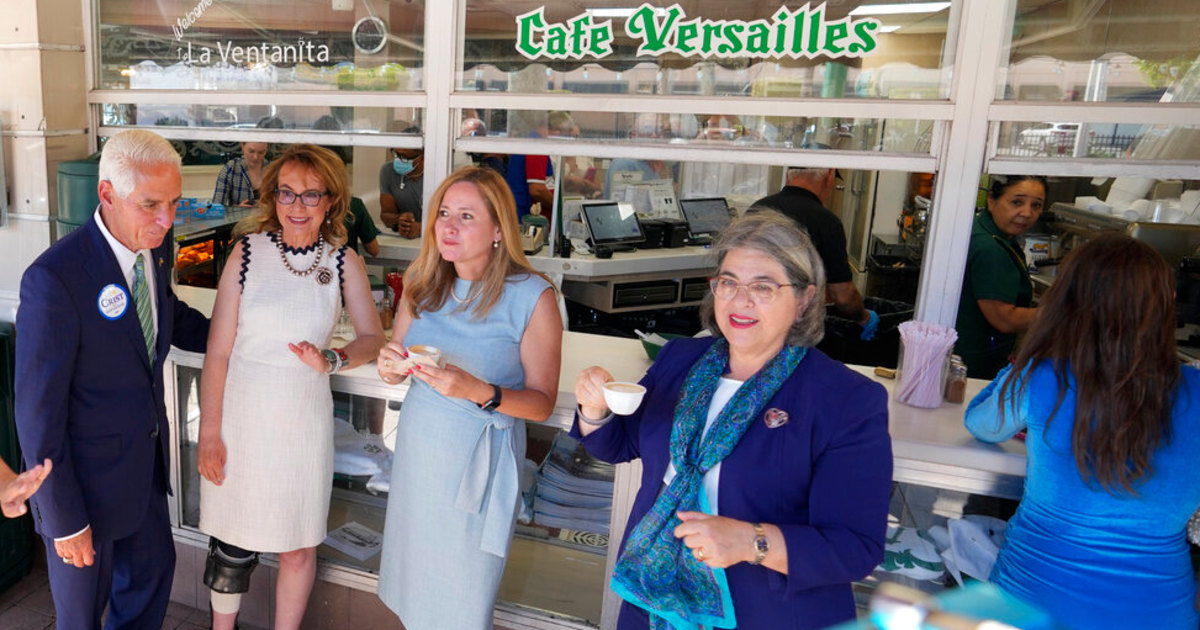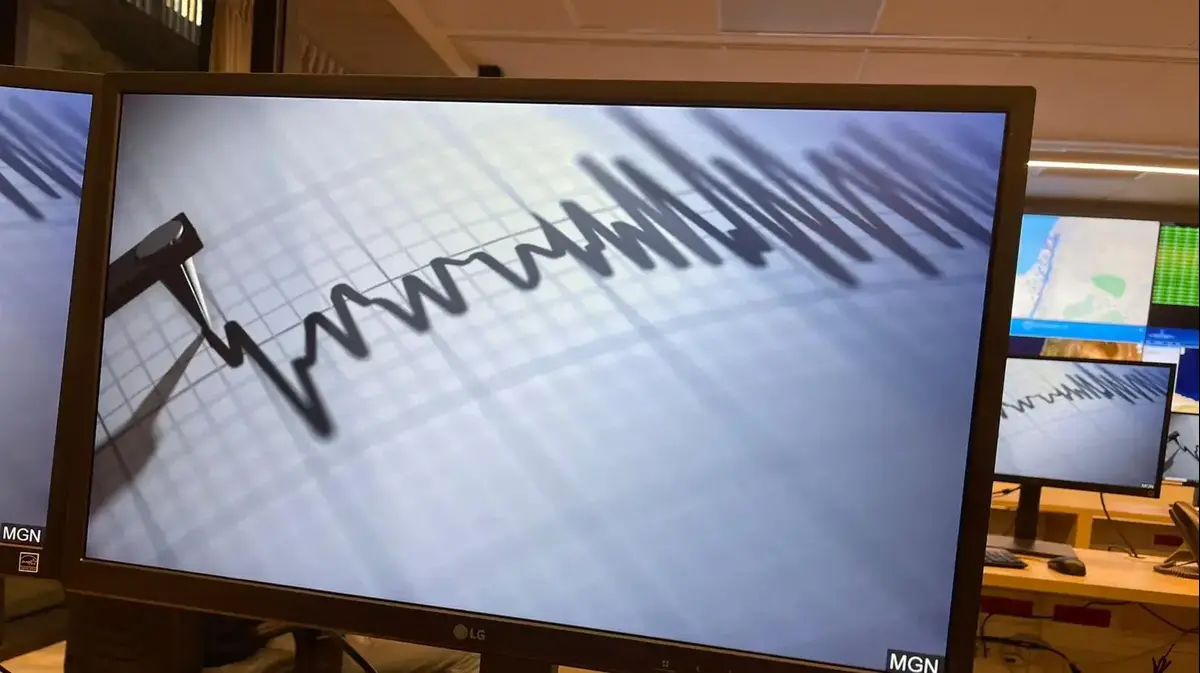Latin American leaders meet with Felipe González and King Juan Carlos of Spain, at the Latin American Summit in Madrid, on July 23, 1992.AP
A little over a century ago, when some Mexican intellectuals had landed in Spain fleeing the fires of the Revolution, the great Alfonso Reyes sentenced: "Just as America will not fully discover the meaning of its life, as long as it does not remake, a piece to piece, its 'Spanish conscience', thus Spain has no better company in the world than to resume its role as older sister of the Americas.
As spiritual exercises, methodical meditation on the things of Spain should be imposed on the American, and on the Spanish that of the things of America […].
You have to get used to the Spaniard always having an open window towards America”.
After the long night imposed by the civil war and the Franco dictatorship, the Spanish Transition to democracy was a benchmark in many parts of the world and, especially, in Latin America, which was then facing processes of a different nature.
That experience “from law to law”, of national reconciliation and project of life in common -to follow Ortega's definition of nation- was inspiration, more or less explicitly, among others, of those who led the struggle of the democratic opposition in Chile against Pinochet;
of the Uruguayan constitutional period that opened after thirteen years of dictatorship with the presidency of Julio María Sanguinetti;
of the incipient democracy in Argentina led by Raúl Alfonsín after the military dictatorship (1976-1983);
of the Colombian constitutional stage that led to the 1991 text under the presidency of César Gaviria;
or the process launched in 1983 by the Contadora Group –Mexico, Colombia, Venezuela and Panama, later with the support of the Lima Group-, which sought to put an end to the Central American conflicts that sowed blood and violence throughout the region.
In a context where three differentiated visions competed -inter-American, Ibero-American and Latin American-, when the decade of the nineties began and with the impulse of personalities such as Carlos Salinas de Gortari, Fernando Henrique Cardoso, Ricardo Lagos, Leonel Fernández, Mario Soares or King Juan Carlos and Felipe González, among others, launched the Ibero-American Summits in "the pearl of Guadalajara", Guadalajara (1991).
Although they are now going through a languishing period, these meetings promoted Atlantic cooperation and dialogue with more than remarkable results in many areas for almost two decades.
I was assailed by this memory when going through Óscar Alzaga's book
The Conquest of the Transition
(1960-1978).
documented memories
(Marcial Pons, 2021).
This referent of constitutionalism, in addition to providing important and unknown documentation of the Spanish process –such as the destruction by order of the Minister of the Interior, Martín Villa, of essential documentation of the dictatorship guarded in files dependent on the General Directorates of the Civil Guard and Security -, in the digital edition of his work, collects revealing pages of the lobbying work carried out by the Christian Democrats -in this case- in Latin American countries that suffered dictatorships and where the opposition aspired to transition towards democracy -here, very especially referring to the Chilean case and the opposition led by Eduardo Frei.
Unfortunately, that open window to America that Reyes invoked and that let the air flow at the end of the century, today finds the shutter thrown.
Beyond the important economic ties that unite us -with different intensity and importance, depending on the case-, the lack of Spanish and Portuguese determination to act as an Ibero-American hinge with the European Union and the irruption of political polarization and populism of different a sign –which, more than fighting, should be understood in its complexity as symptoms of what is happening to us-, slam the door to the currents in pursuit of equity that globalization seemed to have brought.
The impoverishing self-absorption inherent to the nationalist and protectionist turn that has invaded the world in recent years,
Perhaps it is nostalgia for lost time –to say it with Proust- but, at a time when uncertainty is contagious in international politics, the immense links offered by the Ibero-American communion clamor for a leadership that, first sutures, and, immediately, vertebre, that alliance of sister nations whose strength, if given, would help us to dilute and overcome the ailments that affect us today and that spread their fever throughout the Ibero-American geography.
The dynamic - to which, without a doubt, you can put all the "buts" you want -, which had begun to close in the nineties the gap of inequality and poverty that characterize too many realities of our countries, began to collapse with the banking and financial crisis of 2008, first, and the socio-health crisis triggered by the pandemic, later.
Today there is no doubt that
In many cases, the essential institutional stability to be able to implement policies that achieve greater social justice is highly compromised in many places in the Ibero-American geography.
The very complicated tensions that flood us and the destabilizing factors that accompany them, threaten to turn into lost decades in our societies.
Where to find an effective treatment to overcome these febrile episodes?
As the Colombian poet William Ospina warned some time ago: the shared culture in which we can all feel recognized represents a new opportunity for Ibero-America.
At a time when the United States is looking more towards Asia, in general, and China, in particular, leadership is needed to link this relaunch that will help us come out stronger and make Ibero-America a decisive player in the multipolar scenario of our weather.
The brotherhood of our languages and heritage and the moment of cultural splendor that our nations are going through, generate a mutual admiration that can serve as a catalyst for that aspiration for leadership.
The Ibero-American space has the demographic weight,
the geostrategic relevance –with the participation of a large part of its members in the G20 and in the OECD-, the mineral wealth, raw materials and biodiversity, and the necessary dimension, to lead this 21st century and that this is not a new promise unfulfilled, as contemporaneity has happened so many times.
The only thing missing is someone who opens those windows on both sides of the Atlantic and lets the air flow.
Antonio López Vega
is director of the Ortega-Marañon University Research Institute of the Complutense University of Madrid.
Exclusive content for subscribers
read without limits
subscribe
I'm already a subscriber












/cloudfront-eu-central-1.images.arcpublishing.com/prisa/KMEYMJKESBAZBE4MRBAM4TGHIQ.jpg)


